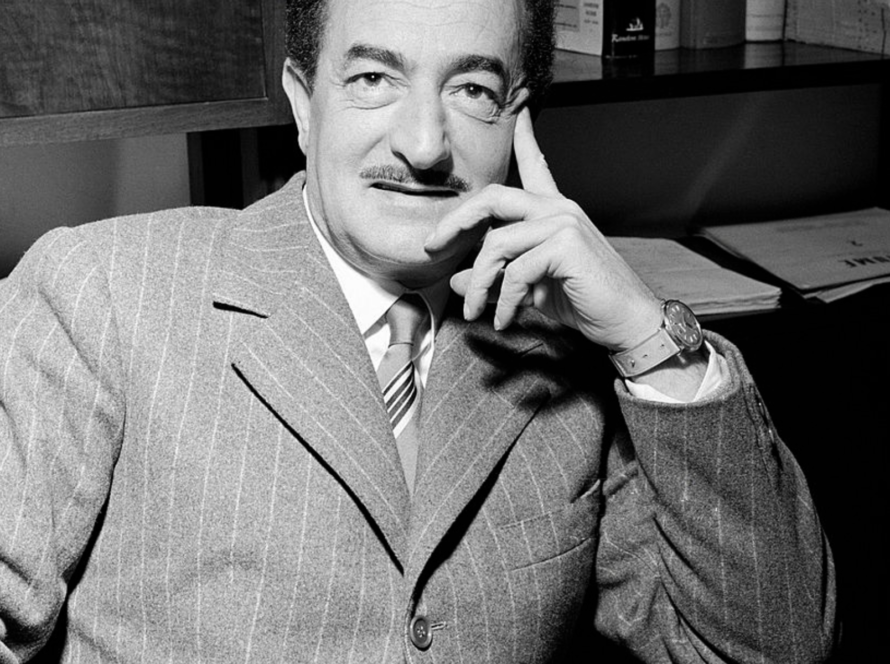Orhan Pamuk, born on June 7, 1952, in Istanbul, Turkey, is a world-renowned novelist, essayist, and intellectual. With his captivating storytelling, profound insights into Turkish history and culture, and his exploration of identity and memory, Pamuk has established himself as one of the most prominent voices in contemporary literature.
Growing up in Istanbul, Pamuk was immersed in the rich tapestry of Turkish culture, history, and traditions. His early exposure to storytelling, influenced by his family’s love for literature, kindled his passion for writing. Pamuk pursued studies in architecture and journalism but ultimately dedicated himself to his true calling as a novelist.
Pamuk’s literary works are characterized by their deep exploration of Turkish identity and the complexities of a country torn between East and West, tradition and modernity. His novels, such as “My Name Is Red” and “Snow,” skillfully blend historical narratives, cultural nuances, and philosophical reflections, offering readers a nuanced understanding of Turkish society.
A recurring theme in Pamuk’s works is the interplay between memory, melancholy, and the power of storytelling. His prose weaves together personal memories, collective history, and the struggles of individuals navigating a rapidly changing world. Through his vivid and evocative descriptions, Pamuk creates a profound sense of place, immersing readers in the sights, sounds, and emotions of Istanbul and other settings in his novels.
Orhan Pamuk’s literary contributions have earned him numerous accolades, including the Nobel Prize in Literature in 2006. His works have been translated into multiple languages, making his voice and perspectives accessible to a global audience. Pamuk’s ability to depict the universal human experience within the context of Turkish society has fostered cross-cultural understanding and dialogue.
Beyond his literary achievements, Pamuk is known for his intellectual courage and engagement with societal issues. He has been a vocal advocate for freedom of expression and has fearlessly tackled sensitive topics, often sparking debates and discussions within Turkish society.
Orhan Pamuk’s impact on literature and cultural discourse extends far beyond his own body of work. Through his exploration of themes such as identity, memory, and the complexities of modern Turkey, he has inspired a new generation of writers and intellectuals. His unique blend of storytelling and social commentary continues to captivate readers, inviting them to reflect on their own cultural contexts and the power of literature to bridge divides.
Orhan Pamuk’s literary voice resonates with readers around the world, offering a compelling window into Turkish culture and society. His masterful storytelling, deep introspection, and exploration of identity and memory have solidified his place among the most esteemed contemporary authors. Orhan Pamuk’s enduring legacy lies not only in his compelling narratives but also in his ability to shed light on the complexities of human existence, fostering understanding and empathy across cultures and generations.
The opponents of this process have always tried to vilify westernization as a poor imitation.
Orhan Pamuk
Well, on the one hand the Turks have the legitimate need to defend their national dignity – and this includes being recognized as a part of the west and Europe.
Orhan Pamuk
I really don’t want to portray the Islamists as simply evil, the way it’s often done in the west.
Orhan Pamuk
I see Turkey’s future as being in Europe, as one of many prosperous, tolerant, democratic countries.
Orhan Pamuk
I want to describe the psychological state of the people in a certain city.
Orhan Pamuk
My hero wants to belong too, but he doesn’t want to give up all the things he came to value in the west.
Orhan Pamuk
The challenge is to lend conviction even to the voices which advocate views I find personally abhorrent, whether they are political Islamists or officers justifying a coup.
Orhan Pamuk
The hero of the book does long to experience God. But his conception of God is very western.
Orhan Pamuk
At first my publisher had reservations about publishing it in the form you are familiar with.
Orhan Pamuk
There’s been quite a clear upswing in nationalist sentiments. Everyone is talking about it, in Turkey as well.
Orhan Pamuk
These political movements flourish on the margins of Turkish society because of poverty and because of the people’s feeling that they are not being represented.
Orhan Pamuk
The secularists in Turkey haven’t underestimated religion, they just made the mistake of believing they could control it with the power of the army alone.
Orhan Pamuk



